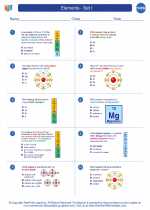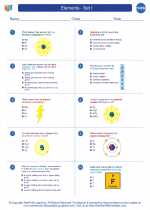Meteor
A meteor is a bright streak of light that occurs when a meteoroid, a small particle from a comet or asteroid, enters the Earth's atmosphere and burns up due to the heat generated by the friction with the air. Meteoroids are typically about the size of a grain of sand, but larger ones can produce a more spectacular display.
Formation and Composition
Meteoroids are formed from the debris left behind by comets or asteroids. When these objects pass close to the Sun, they heat up and release dust and gas, leaving a trail of debris in their wake. When the Earth passes through this trail, some of the debris enters the atmosphere, creating meteors.
Observing Meteors
Meteors are often observed during meteor showers, which occur when the Earth passes through a particularly dense trail of debris left behind by a comet. Meteor showers are named after the constellation from which they appear to originate, such as the Perseids (from the constellation Perseus) or the Leonids (from the constellation Leo).
Impact of Meteors
Although most meteoroids burn up in the atmosphere and pose no threat to the Earth, larger ones can survive the journey and strike the surface as meteorites. These impacts can cause damage and have been responsible for significant geological and biological events throughout Earth's history.
Study Guide
- Define a meteor and describe how it is formed.
- Explain the composition of meteoroids and their origin.
- Discuss the phenomenon of meteor showers and how they are related to comets.
- Describe the potential impact of meteoroids on Earth and the difference between meteors and meteorites.
- Research and present a famous historical meteorite impact event and its effects on the Earth.
◂Chemistry Worksheets and Study Guides High School. Elements - Set I

 Worksheet/Answer key
Worksheet/Answer key
 Worksheet/Answer key
Worksheet/Answer key
